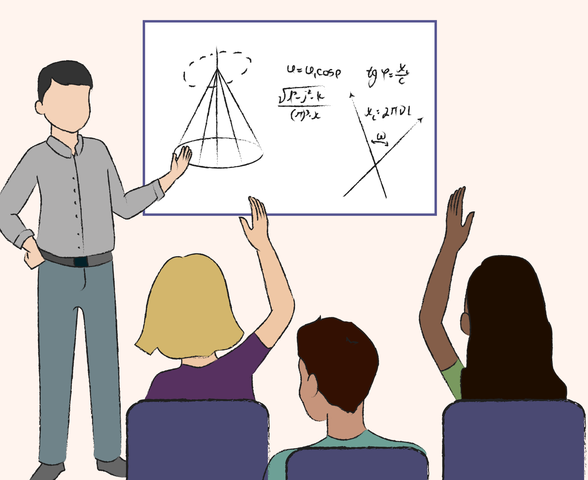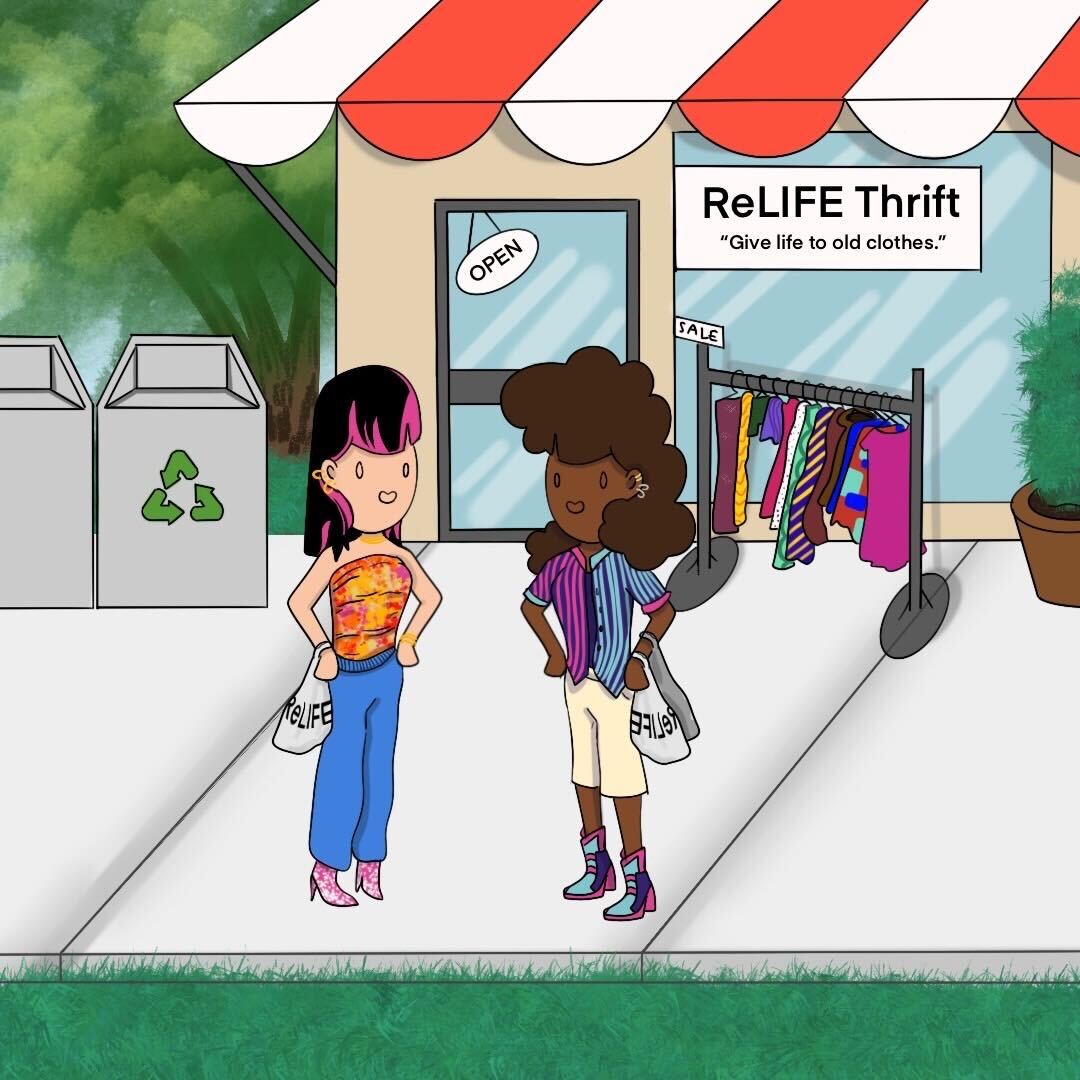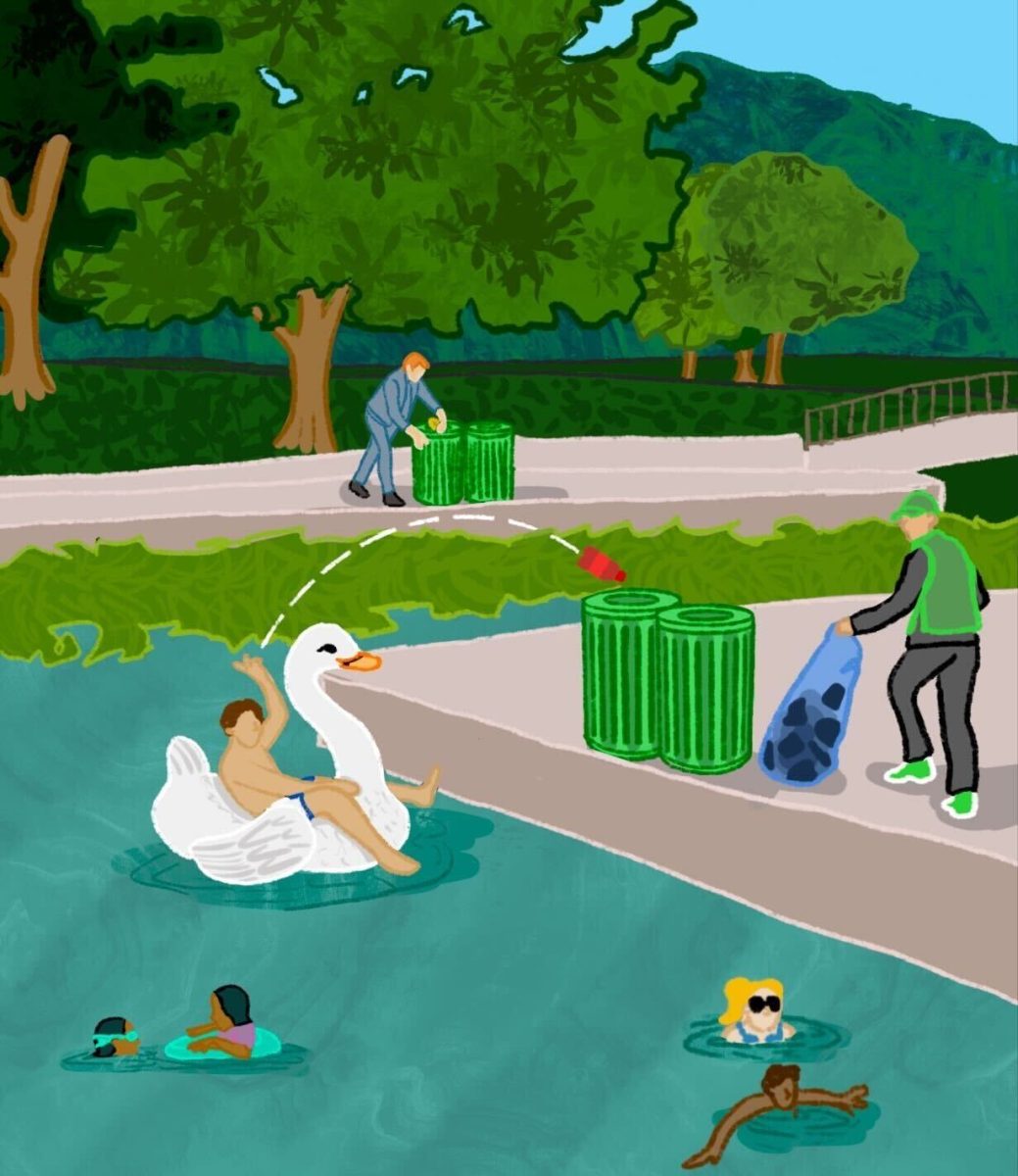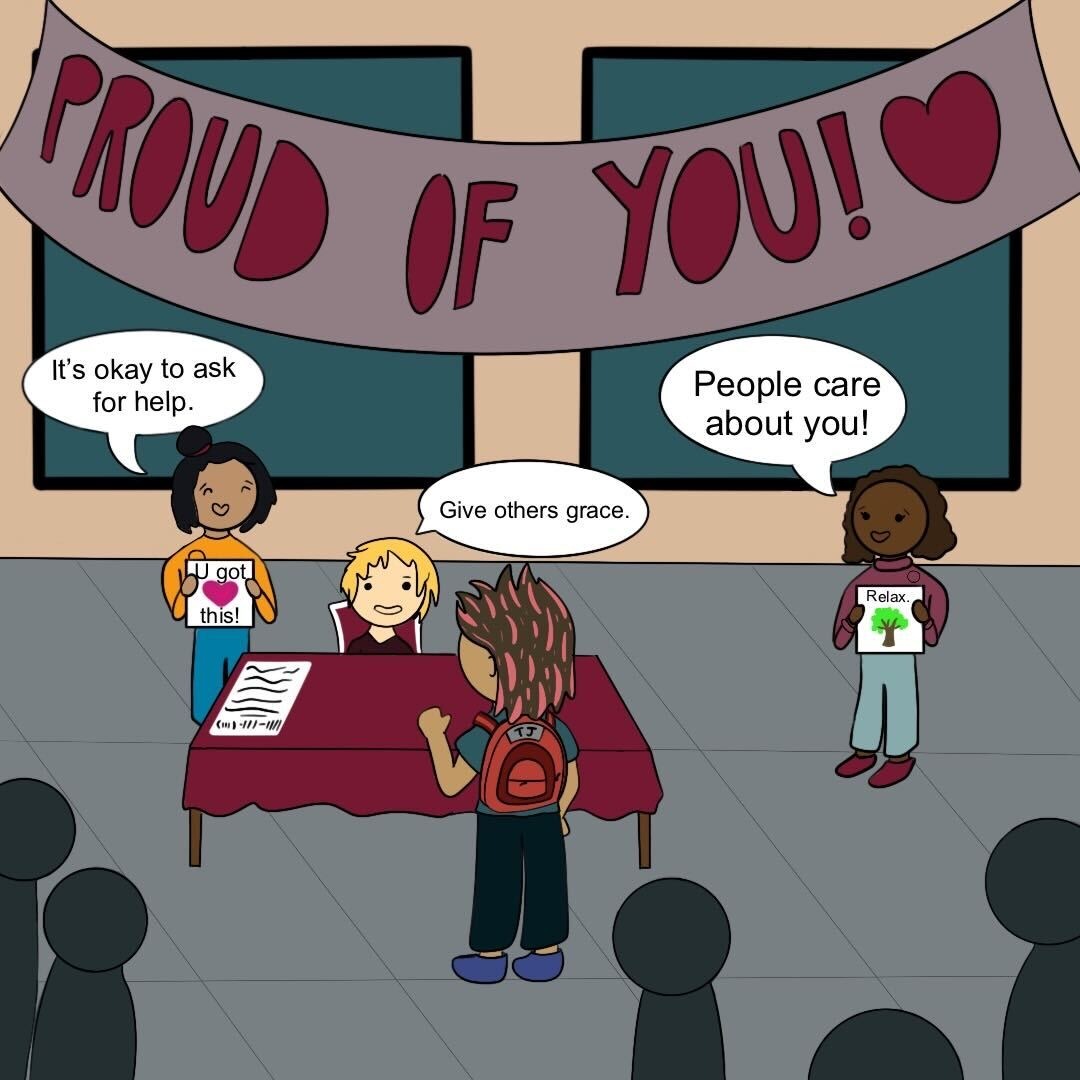I, as a woman in STEM, am outnumbered by the number of men in my classes.
Each year, I see less women in my classrooms and hear less of them in class. According to Texas State’s student demographics, the gender ratio in student enrollment is 59.8% female and 40.2% male. However, only 39.5% of women are in STEM-related undergraduate majors.
But the lack of representation of women in my STEM classes isn’t a singular case. In labs and classrooms across the nation, women are a rare sight. In 2019, women made up 57.3% of bachelor recipients in the U.S. Yet 38.6% of women graduated with a bachelor’s degree in a STEM major, with the majority of them being white. Now, only 27% of women work in the STEM industry, according to U.S. Census data.
With the few representation of women in STEM and STEM-related fields, those who are present must unite to foster an inclusive and equitable working environment. We must support one another not just as female colleagues, but as scientists.
The environment we work and learn in is already prone to forms of sexism that makes us believe we must prove our intelligence and credibility. A 2018 report by the National Academies of Sciences, Engineering and Medicine estimated 50% of women faculty and staff in STEM academia experience sexual harassment of some kind. On top of that, we must deal with the pay gap between men and women. According to Science News, the average salary between 2017-2019 for a woman in STEM was only 74% of the salary of a man in STEM.
Dr. Mar Huertas, an assistant professor in the Department of Biology, recalls the inequities of being able to advance in her career as a woman.
“It’s been rough because I come from a different society in Spain, and although women have equal access to education, the advancement of the first stage of my career was difficult because I was a woman,” Dr. Huertas said. “We were considered inferior sometimes and I’ve had several cases of harassment by my mentors because I was a woman. At that time, students didn’t have a person to report to about the harassment. We were not protected and if you said your supervisor was harassing you, you would be fired. They protected the professors and not the students. That was in the 90s, so you either survived or left science.”
Even before we make into the work force, females are put at a disadvantage as early as elementary school. According to the American Association of University Women, young girls are more likely to lose confidence in their ability to do math by the third grade. A lack of female role models in STEM careers and feelings of discouragement to be interested in STEM activities are factors that can lead to a decline in confidence.
Therefore, by the time students reach college, women are significantly underrepresented in STEM majors. At Texas State, only 19.2% of women make up the number of undergraduate students majoring in engineering/engineering related majors and 21.5% make up the number of students pursing computer science, according to data by the Office of Institutional Research.
Having women classmates and mentors to lean on while pursuing a career in STEM makes all the difference. Dr. Karen Lewis, an associate professor in the Department of Chemistry and Biochemistry, said during her undergraduate and graduate experience, she was supported by a community which helped her feel comfortable.
“I was fortunate enough to have inclusive and mindful mentors for the most part. There were sometimes where I felt singled out like in some courses in undergrad where I was, if not the only, woman in the group, then one of two women in a class of 10 or 15. So that was a little strange sometimes,” Dr. Lewis said. “I never had problems interacting with my peers. Sometimes it felt like I was being singled out by the professors, but I was never sure if it was because I am working hard in the class, or it was because of my gender. On the whole, I was very fortunate to have supportive and welcoming people.”
Dr. Lewis stresses the importance of women scientists overlooked in history by integrating their names into her classes. She also said implicit biases from professors can hurt women in undergraduate and graduate school.
“I have biases too. I think it’s incumbent on all of us in society to acknowledge that we have implicit bias and to become aware of it and to work to remove them,” Dr. Lewis said. “It’s important to acknowledge that because if we do ignore it, we are saying it’s not there, and so how can you empower yourself to challenge it? How will you face an implicit bias from another person in the future?”
Once we recognize the bias, we can challenge it and reestablish it in a new framework. Clubs and scholarships designated for women in STEM are helping change the narrative and challenge those biases.
At Texas State, organizations like SACNAS (Society for the Advancement of Chicanos and Native Americans in Science), SWE (Society of Women Engineers), NSBE (National Society of Black Engineers) and oSTEM (Out in Science, Technology, Engineering and Mathematics) along with scholarships like WiSE (Women in Science and Engineering) promote diversity to the next generation and provide a support network for students in STEM.
The STEM industry needs women. If it wasn’t for Katherine Johnson, John Glenn would’ve never been the first American to make it to the moon. Without Radia Perlman, there’s a chance we wouldn’t have any Internet nor without Hedy Lamarr who created the foundation for Wi-Fi.
Women currently in STEM need to support one another to create a sustainable environment that encourages other women to join. It’s only natural for us women to unite as other women have struggled to bring the level of equality we enjoy today.
We will become the next doctors, researchers, physicists, scientists, engineers and mathematicians. We will make a great future, not just for us but for others as well, but we have to work together.
– McKenzie Siller is a biochemistry junior
The University Star welcomes Letters to the Editor from its readers. All submissions are reviewed and considered by the Editor-in-Chief and Opinion Editor for publication. Not all letters are guaranteed for publication.
Opinion: Women in STEM need to support one another
McKenzie Siller, Opinion Contributor
October 18, 2021

44c82ea0-2ac0-11ec-aff3-57ca3be59661.png
0
Donate to The University Star
Your donation will support the student journalists of Texas State University. Your contribution will allow us to purchase equipment and cover our annual website hosting costs.
More to Discover










